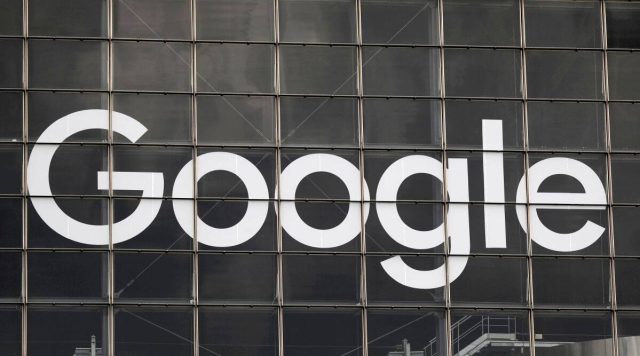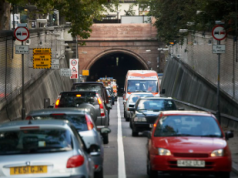Google says it is reviewing the Supreme Court order, which did not grant any relief to the company. It also said it cooperating with the Competition Commission of India on the way forward.
After the Supreme Court of India refused to grant relief to Google in its challenge against the National Company Law Appellate Tribunal’s (NCLAT) order, the company has said it will cooperate with the Competition Commission of India (CCI) and that is reviewing the SC order as well. Google is currently facing two fines imposed on it by the CCI over abuse of its market dominance. One CCI order has imposed a penalty worth Rs 1,337 crores and Google has been given seven days to deposit 10 per cent of the amount.
In a statement, a Google spokesperson said, “We are reviewing the details of yesterday’s decision which is limited to interim relief and did not decide the merits of our appeal. Android has greatly benefited Indian users, developers, and OEMs and played a key role in India’s digital transformation. We remain committed to our users and partners and will cooperate with the CCI on the way forward, in parallel with our appeal.” Meanwhile, the apex court also asked NCLAT to decide Google’s appeal against CCI order of Rs 1337 crore penalty by March 31.
For Google, more than the penalty, it is other directives in the CCI order, which pose a major challenge. CCI insists that Google needs to stop the “mandatory pre-installation of the entire Google Mobile Suite on smartphones”, which takes place under the Mobile Application Distribution Agreement (MADA) that Google signs with Original Equipment Manufacturers (OEMs). This suite of apps includes Gmail, Google Play Store, Google Pay, Google Maps, YouTube, etc and according to CCI gives Google an unfair advantage.
Further, Google cannot stop users from uninstalling its apps from their phones or choosing a separate search engine as the default option. Most importantly, Google cannot stop developers from distributing their app stores via the Play Store– which will mark a significant change in policy. Right now, other app stores are not allowed on the Play Store. Side-loading of apps cannot be restricted by Google, though it should be noted that on Android it is still very much possible.
Meanwhile, in an earlier blog post, Google warned that if it has to implement these changes and allowed forked versions of Android, it would end up compromising user safety and push up prices of smartphones further.









